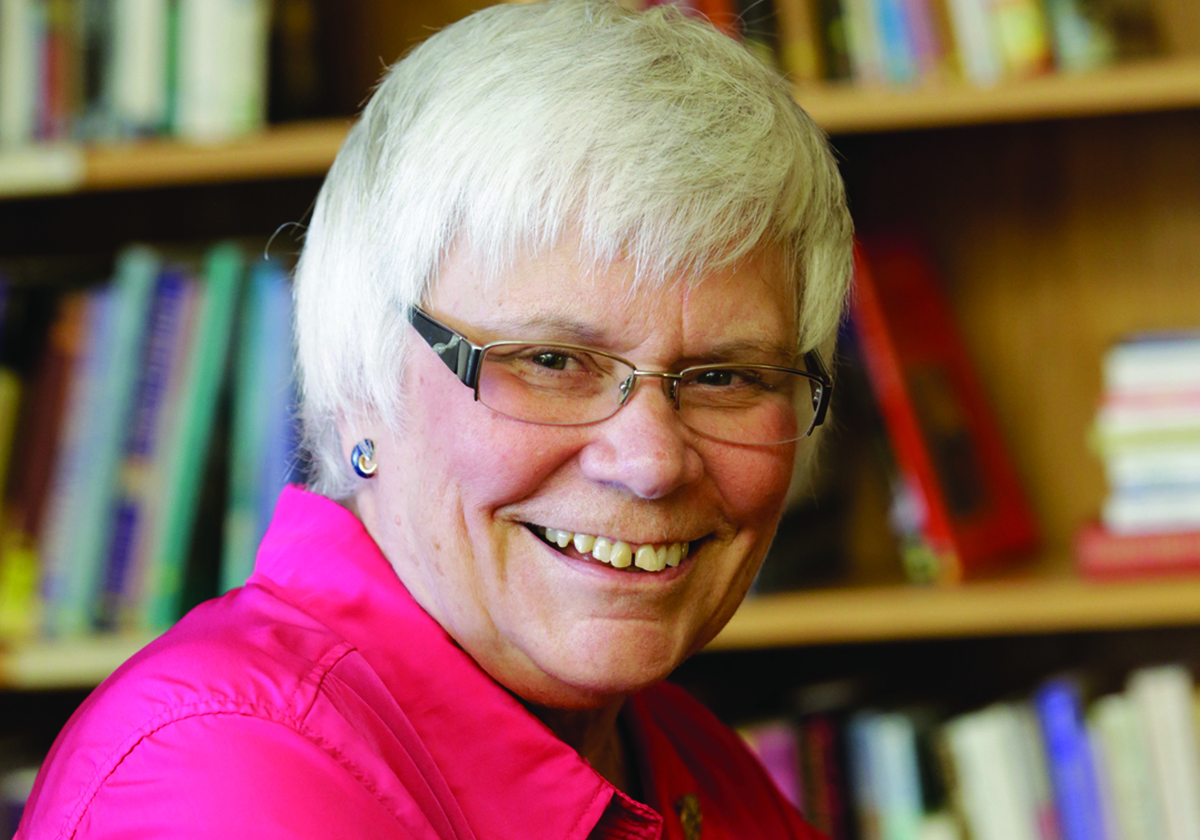
Jesus is a smart teacher. He phased in the meaning of eternal life and the meaning of discipleship and didn't overwhelm the disciples with everything at once. During his ministry, Jesus used a diversity of miracles, parables, small group discussions, and large group events - to teach the disciples. The next phase was the meaning of his death and how he would return in three days. Then he appeared and taught them what it means to rise from the dead. The final phase prepared them for one last leaving and the coming of the Holy Spirit.
Jewish students studied with a Rabbi “forty days,” a symbolic number meaning the amount of time to learn the master’s teachings and be able to repeat them. As Joan Chittister says “The time after we experience the Resurrection may have less to do with Jesus than it does with us, with the centering of our minds and hearts on the world and the work at hand.”
We have accompanied the disciples these 40 days through an array of emotions and experiences. Holy Thursday began with the intimacy of the last supper, immediately followed by betrayal, fear, and denial at the condemnation of Jesus. Then came the astonishment at a missing body, followed by trembling, hiding out and walking away to Emmaus, and the doubt personified in the figure of Thomas. It was a struggle for them to recognize Jesus, but Jesus knew the familiar setting of a meal would open their vision. A good teacher knows powerful teaching moments.
These past weeks the disciples have been immersed in marvelous opportunities to recognize Jesus and to share intimate conversations about the next stage, to be introduced to the Spirit and the responsibly of discipleship. A new era is dawning for the disciples – one of living out the words of Jesus, their love of Him, and sharing the mission. They did this in dangerous times and met martyrdom – the ultimate act of discipleship.
We know the disciple’s journey. Our lives are filled with joys, surprises, challenges, moments of recognizing Jesus as well as moments of doubt. The journey included times of complete trust and other times where trust waivered. Amidst all, it always returned to our shared meal - the Eucharist.
Ascension can be a lost event – the focus is often on Easter and Pentecost. We pray to be one with God and all creation. Ascension is that moment of Oneness – Jesus One with the Father, the process of birth – death – resurrection - to Oneness with God. “God is in me and I am in you, says the Lord.”
The Oneness of the Ascension is the coming of the ‘divine’ within each of us. It is the divine in our heart, souls and actions. Joan Chittister refers to Ascension as the start of 'contemplative life’ as the indwelling of God in us that is fulfilled with prayer and work. There can be no other way for us or for the disciples. The Divine within inspires us to act, to discern, to do and to be. Ultimately, we are immersed in mutual trust - God trusting us and we trusting God. This becomes our life, the reason for living and what becomes the eyes of faith. This is our contemplative life stance.
Jesus was present with the disciples, then gone, then returned again. That time of fellowship and teaching is over, and Oneness has taken place. The 40 days of learning is complete.
Ascension is the turning point as we read in Luke, “They returned to Jerusalem with great joy and they were continually in the temple praising God.” As Joan Chittister says ‘Jesus is gone but not gone. Jesus has left them but not left them at all. They remember the Jesus of history, yes, but they live now immersed in the Christ of faith. Their minds and souls are raised to new awareness, to new insight, to a new consciousness of the power of God among them. “ What a contrast from the scattering of the disciples at the start of these 40 days.
There is never a final chapter with Jesus. However, today’s Gospel is a final ‘call to action’ for the disciples. Jesus tells the disciples to go about His mission – baptizing, calling others to believe, and sharing all they know. We can never stop growing in love of Christ, never stop acting in His name, and never stop recognizing Him in a multitude of people and experiences. Where there is war, injustice, poverty and racism - we must keep acting in the name of Jesus.
The Oneness of Ascension is the way of our lives – in personal choices, or the array of community choices we face with coming elections and challenging years ahead. Our hope is we are in ONENESS with God and each other.
Acts describes the last moments after Jesus ascending with two men in white garments appearing and asking ‘why are you looking up at the sky’? We cannot keep our heads in the clouds - we need to be looking at each other, and at the world around us. Here on earth is where our work must be done, with Jesus by our side.
The way is open for Pentecost and the coming of the Holy Spirit when there is no more wondering where Jesus is or when He will return, or what it all means. Because of the Ascension – The Feast of Oneness – we are prepared. Am I ready! Are you ready?

Comments (0)
Add a Comment